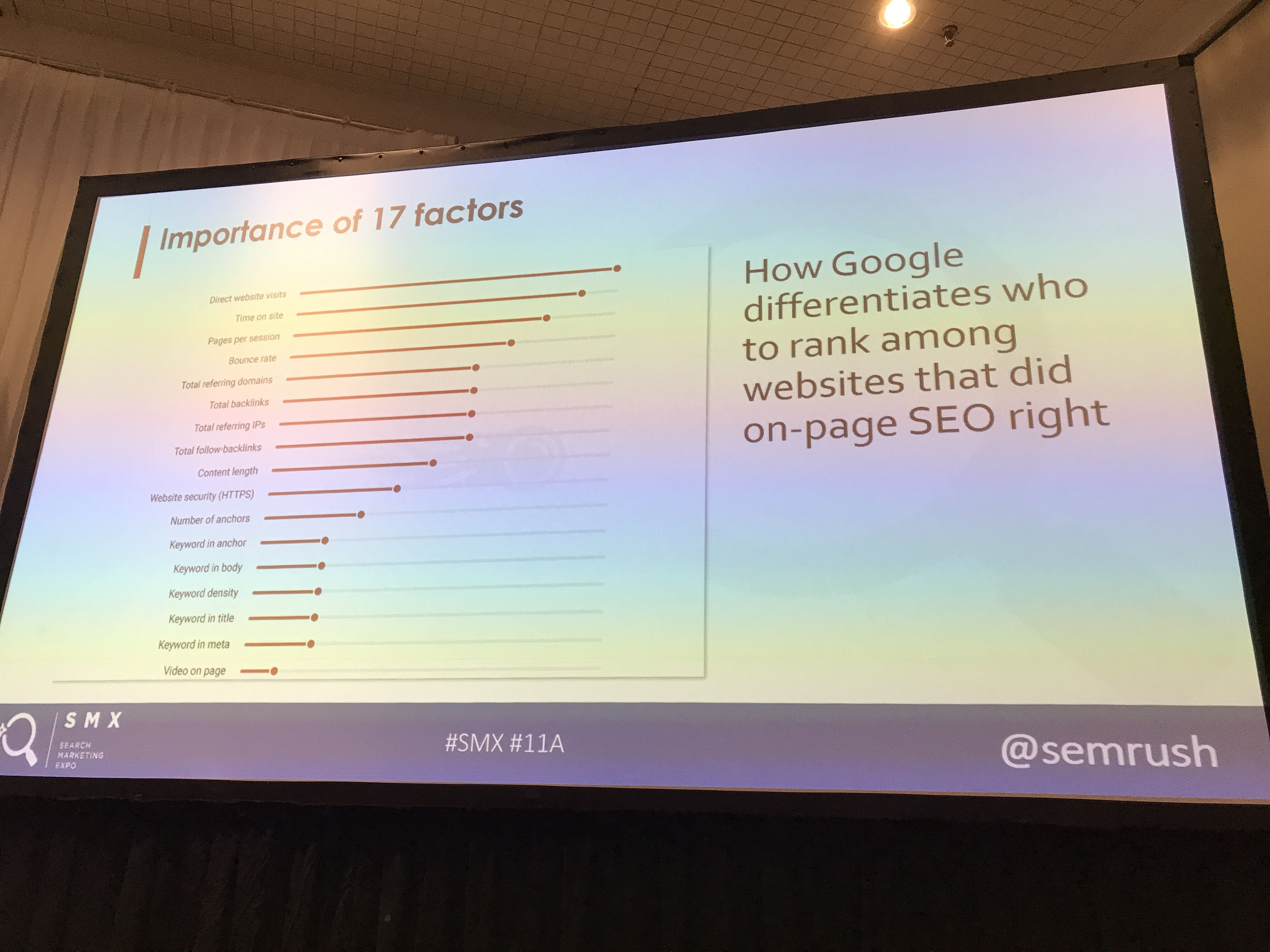It’s not surprising that many websites are currently following SEO practices that are out of date, considering how fast Google changes its protocols on the matter. What is surprising is how long it takes for so many websites to change their SEO management in order to make the most of Google updates.
In the realm of Google, if you snooze – you lose. If you still think spamming pages with bold and italicized keywords will get you to the top of a Google search page, you’re snoozing. While there is more to search engine marketing than SEO, here are a few common errors that you will need to keep in mind if you’re ever going to stay awake:
Make Keywords Count Instead of Counting Keywords
Throwing keywords at your web page works about as well as throwing mud at a wall: sure, some of it will stick, but at the cost of mucking up the rest of the content with what viewers will read as spam. For example:
“Troy’s SS Digital Media online digital agency is the best online digital agency for all of your online digital agency needs. To contact our online digital agency, click here and start enjoying the benefits of an online digital agency.”
Generally a good rule of thumb is to ask someone to proofread the content and see if they can immediately pick out the keywords. If they can, rethink your wording and opt to make the keywords count instead of counting keywords. A high-quality website is more likely to earn an editorial link from a reputable source than X amount of keywords smashed into the page is perceived to rank on Google.
You Can’t Game the Game
SEO has rules – no matter how much you think you can get away with manipulating the system, it has more safeguards against exploitation than you can imagine. And they’re always evolving to keep up with the next SEO schemer. Don’t bother trying to trick the search engines into believing your least popular pages are somehow incredibly relevant with fake links and other tricks of the trade. Spend that time creating valuable content that will earn its place in the ranks with other reliable information.
In Regards to Metadata: Unique vs. Optimized
Creating one solid meta description and using it across the board for all of your Web pages is a waste of time and valuable real estate. Regardless of how optimized the meta descriptions are, it’s always in your best interest to make each one unique for the page to which it belongs. They should be short enough to fit in the 160 character limit Google provides but impactful with keywords that are relevant to the specific page. If every page has the same meta, users are less likely to believe the site’s authenticity. If the meta is too long, it looks cluttered on the search page. Think neat and unique.
Run from SEO Scammers
“We can make you rank No. 1 in a month with just one keyword for the bargain price of $49!”
If you are ever pitched this “guarantee,” you run, run far away. SEO takes a lot of time and effort and is not guaranteed to get your rank to No. 1 overnight, if at all. A one-and-done approach doesn’t work for long; any progress your business makes in the first month will likely be lost as time passes. There are plenty of good SEO companies and they’re the ones who will tell you like it is: if you want better SEO, you’re in it for the long-haul.
We have a saying around the office: do whatever it takes to please the Google Gods. An appropriate addendum would be to do it before everyone else realizes their mistakes. Keep these freebie notes in a safe place and take charge of your SEO.
Contact Us
Call Us
Find Us
Michigan
850 Stephenson Hwy, Suite 700
Troy, MI 48083
Florida
100 N. Laura Street, Suite 500
Jacksonville, FL 32202
Follow Us
Join Us






